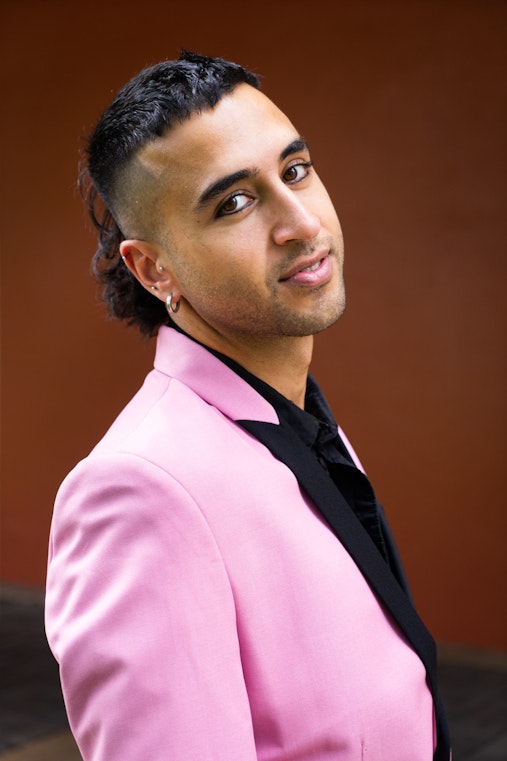Closed Encounters
Bobuq Sayed
A prose response to the photography of Sunil Gupta
Sunil Gupta is a consummate chronicler of queer life. Over the course of five decades, the photographer and activist has forged a singular visual vocabulary. Fleeting moments – a glance exchanged on New York’s Christopher Street, a stray touch at a New Delhi party – unfold against a larger story. It’s one in which queer freedoms are made and remade by cultural and historical forces. Attitudes towards immigrants. The rise and fall of the AIDS crisis. The story of LGQTBIA+ rights in India, captured most memorably in 'Exiles', a series of staged photographs from the 1980s in which Gupta documents the connections between gay men at national landmarks.
In the photographer’s work, the public and private collide. Intimacy is circumscribed by borders. Below, 4A Papers presents a photo essay featuring images from Gupta’s 'Exiles' and 'Cruising 1960s New Delhi' followed by original prose from Bobuq Sayed, prompted by ideas in the photographer's work.
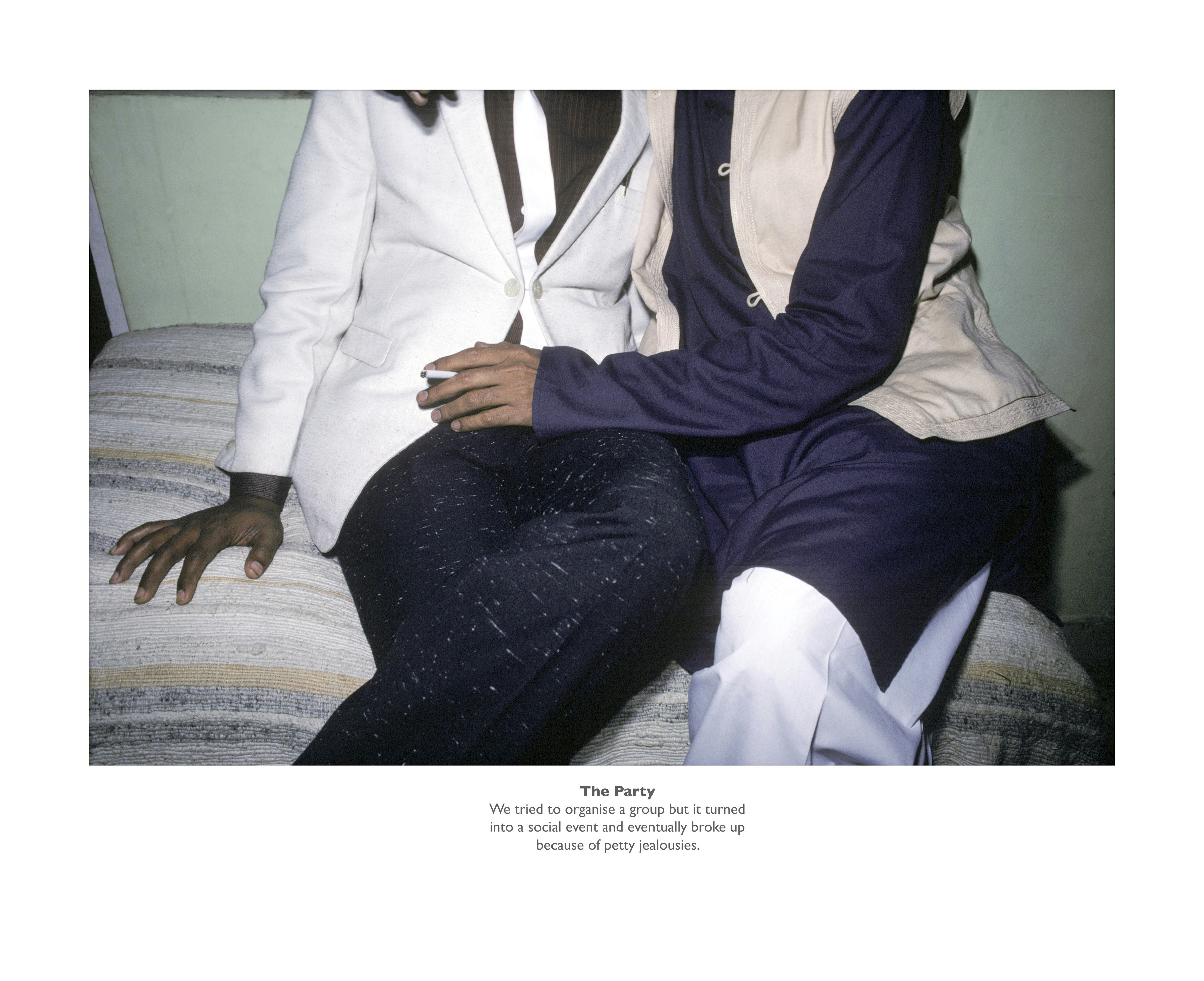
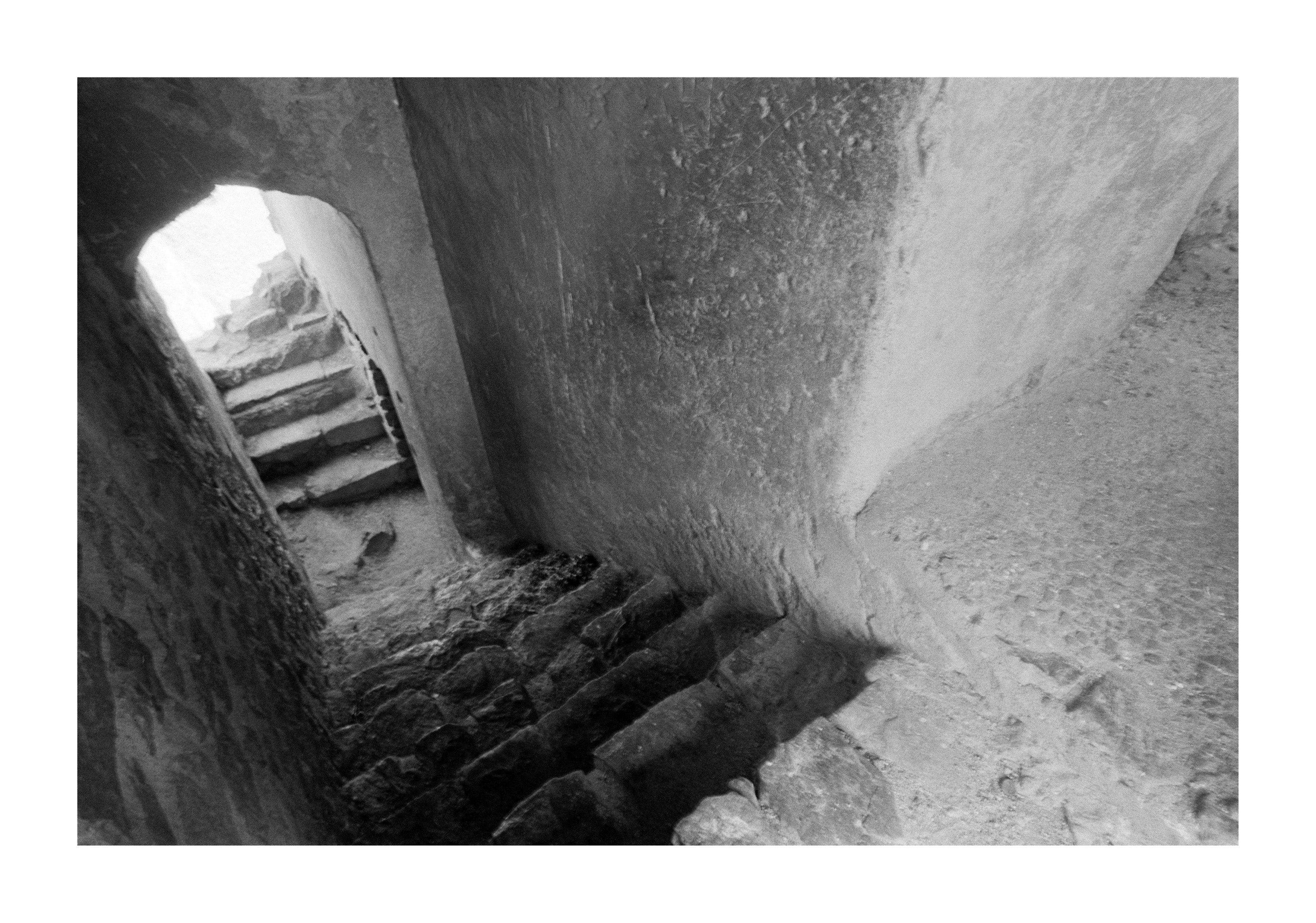
Click arrow to view images.
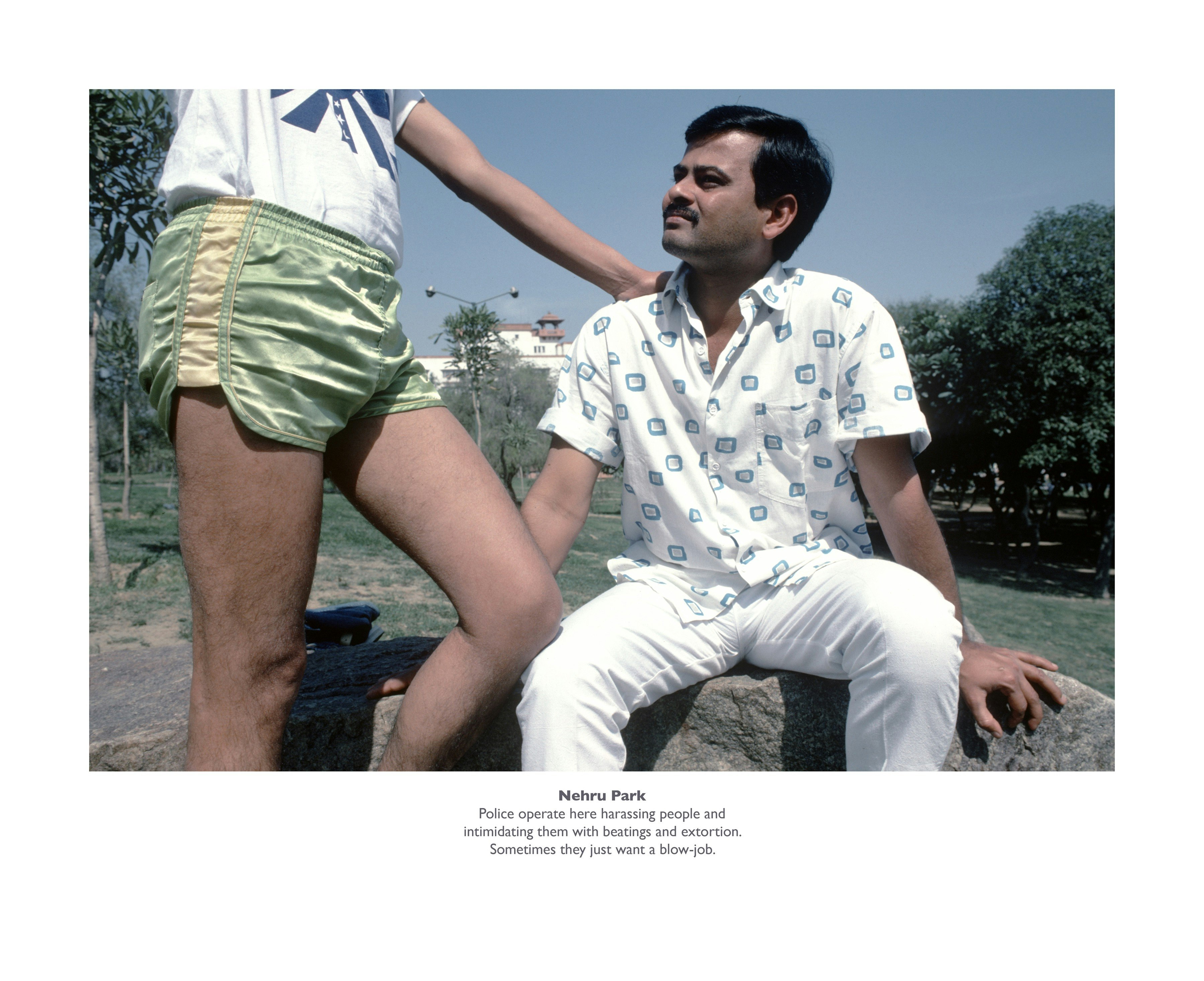
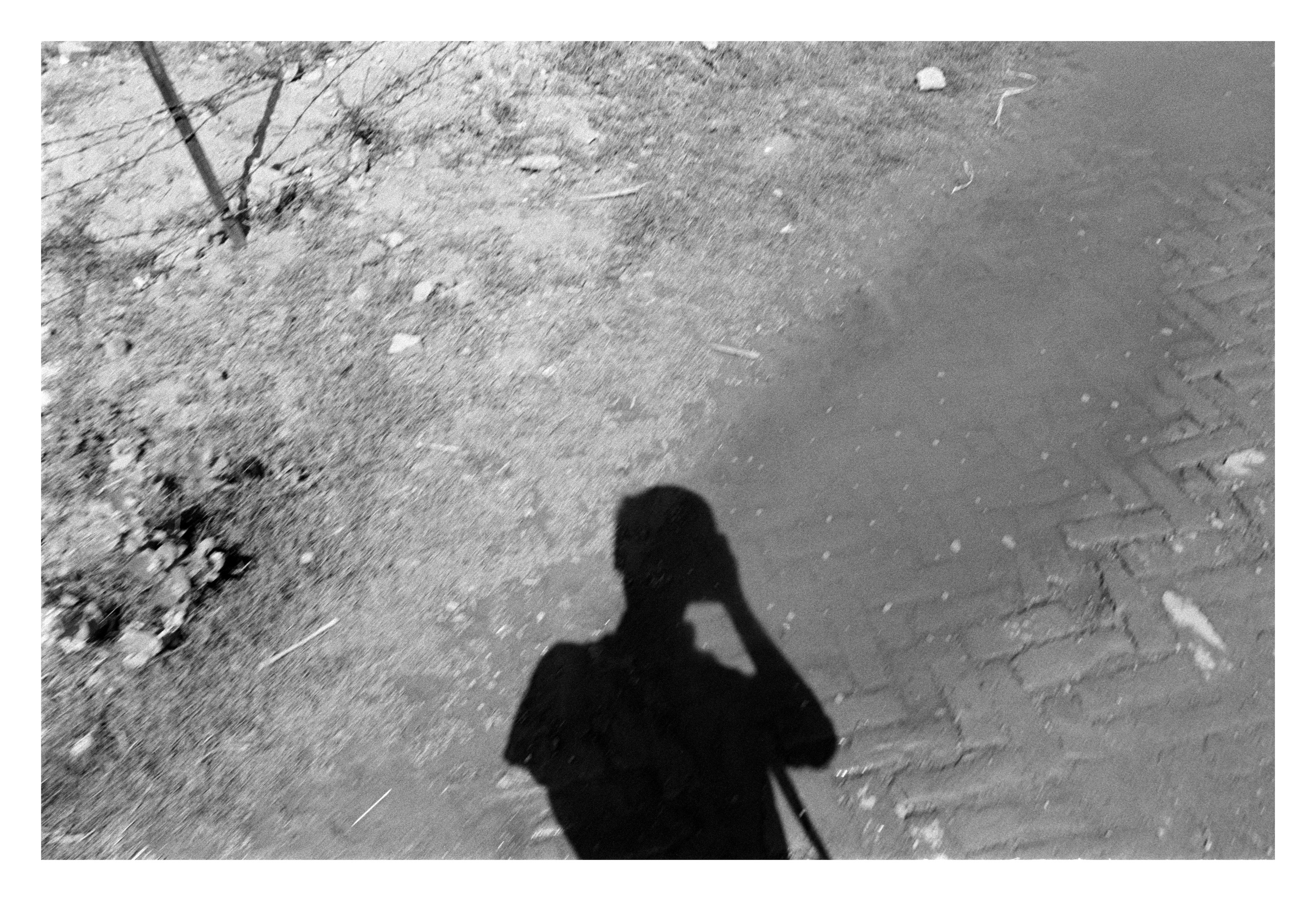
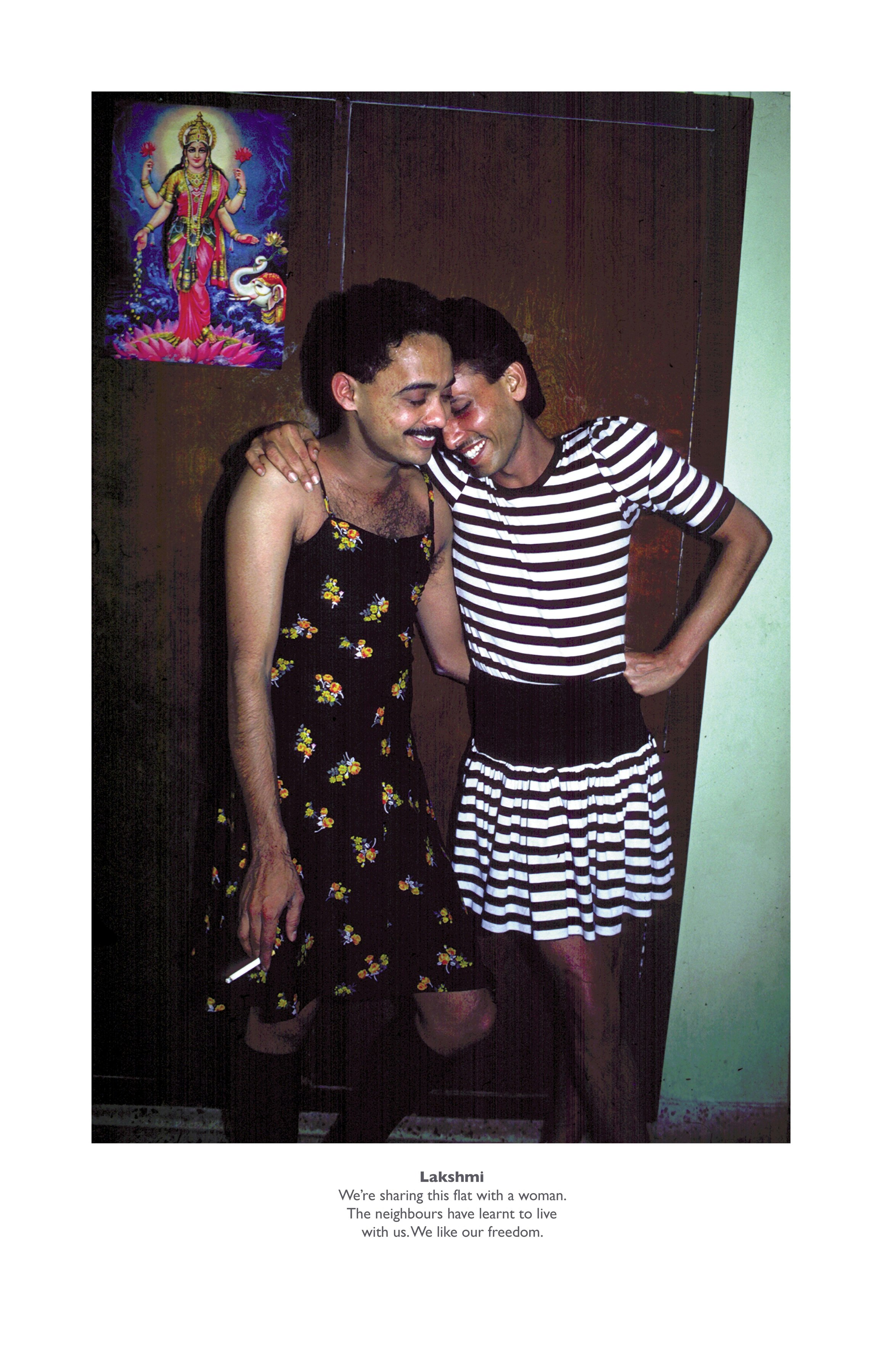
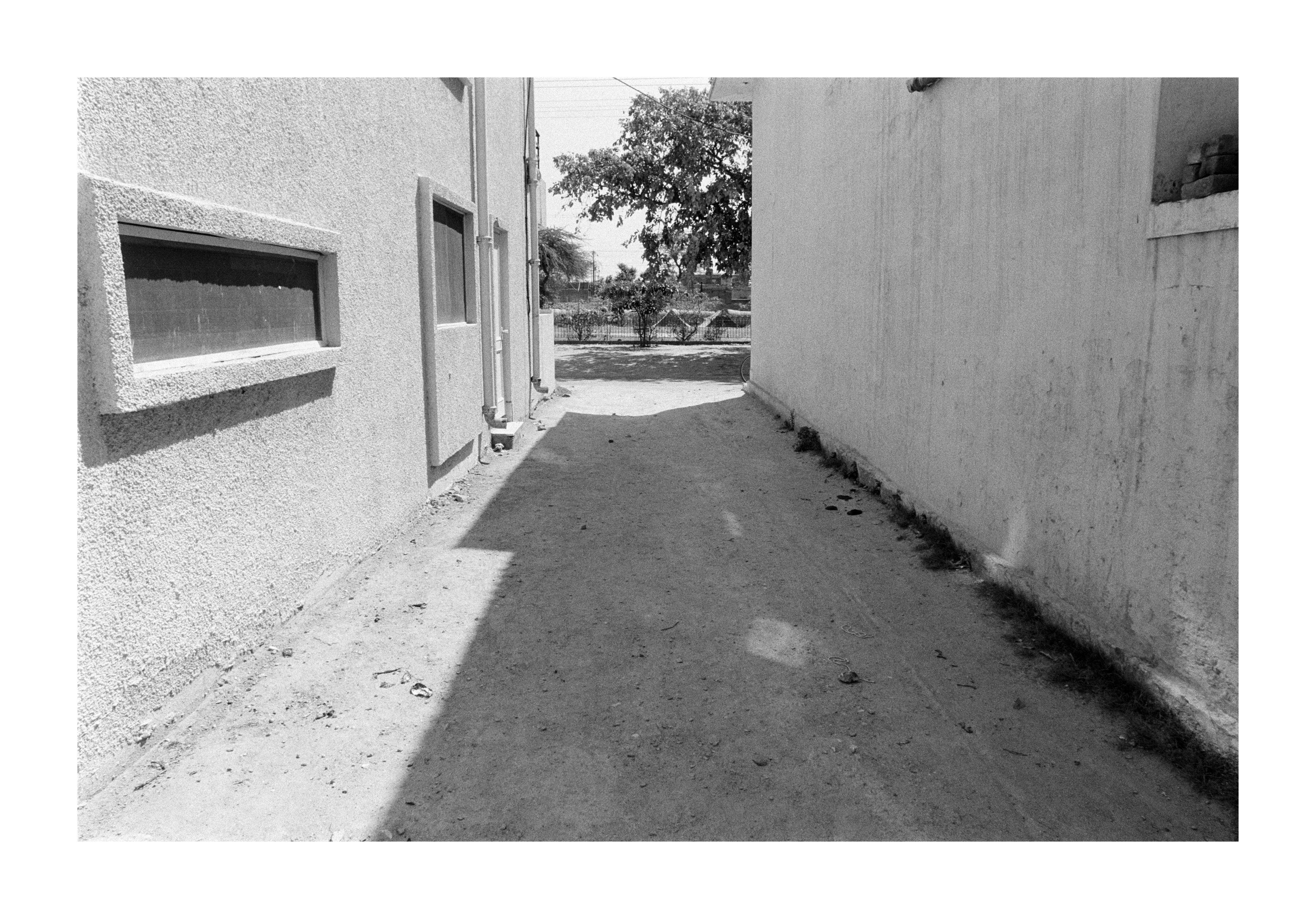
In Egypt, for the first time in my life, the codes that signal the availability and sexual interest of men are illegible to me. By the beach in Dahab, the waterfront in Alexandria, the dusty plaza of Tahrir Square, nowhere I look are there discreet men sizing each other up the way they did on the Christopher Street pier, the nudist beach in Miami, the maze of bushes at Little Congwong.
I meet a PhD student on the balcony of a house party in Zamalek. I tell him that online dating apps have atrophied several crucial parts of my brain. I ask him earnestly how someone well-versed in cruising and hookup culture could end up so suddenly disoriented. Aren’t the codes of sexual desire universal or, at least, beyond language? He said he was born and raised in Cairo. Unlike me, he could tell just by looking. Other voices hummed in unison.
It seemed that I was the only one unclear where the heat of lust veered into aggression. Me and the prying eyes of the morality police.
An Australian passport, USD exchanged for a visa on arrival, frequent border crossings, remote work. Proximity to state power opens up portals and shuts them down too.
At an Afrobeat party on the Nile, I buy a tequila shot for a tall clean-shaven guy wearing a neon green long-sleeve top. He keeps smiling furtively at me, gesturing with his hands in the gulf between us, following me around the dancefloor. In another context, I’d lean in for a kiss. I’d ask for his number. I’d cup his bulge through his faded jeans. We’d sneak off into a bathroom stall, behind the club, to my apartment, whatever, and enact the ancient ritual of homosexual desire. I should be able to piece this man together somehow, even if he has a girlfriend, even if he doesn’t identify a particular way. I’d make one in-group comment and confirm. Instead, we shake hands.
It's not until I see a guy wearing a neat black crop top at a penthouse run by French expats in Garden City that my gaydar activates. This is a person I can experience safety around. This is a place — or an occasion to be pessimistic — where queers are welcome. His body’s furnishing is a cue to disrobe my own buttoned-up outer layer. Have I been so thoroughly inculcated into the behavioural norms of the global north that I need them in my vicinity to mark out the perimeter of my safety, even when I’m located outside of it? In India, Turkey, Lebanon, it wasn’t like that. Either I wasn’t attuned to a queer cruising sensibility or, younger then, perhaps I was still uninitiated enough to sway into the path of foreign winds and register their touch as affection.
Nights they say are the most dangerous time to be outside. Crowds thin, street lights glow and old men take to their rusted thrones at the edges of dimly lit lanes, playing lazy games of backgammon and lighting each other’s cigarettes. They leer. Feral dogs fuck and howl. Garbage gets rifled through like a menu. All without inspection. Foreigners, tourists like me, we attract the attention. People who sell pyramid tours and souvenir sphinxes call out. I try to blend in but the truth is that my platform sneakers clearly weren’t purchased in Egypt. If the shoes don’t give it away, my gait would, or my denim jacket artfully deconstructed, my piercings. Wouldn’t any man I encounter try to rob me before he gets on his knees to suck dick? I wouldn’t blame him. I have no family to feed. If I can’t smuggle my body and market it in this economy, my function then is deterrence. Looking for sex, the tangle of selfhood is laid bare as flesh and orifice except that, already marked as outsider, I’m too reconstituted by subjectivity to get anyone off in peace.
I used to lie compulsively to men I met for sex. I was Kareem or Shafik or Ibrahim or Malik. Ethnic names, vaguely Koranic. I could be Persian or Bhutanese or Turkish or Portuguese. Role-playing as something slippery another person could love made me climax many times. Isn’t this how it works? Cruising is pursuing sexual anonymity. Tension vanishes when someone asks for a handle, a name, an occupation. Strip that away. We’re orgasms on the brink of happening.
Notes
Image captions (top-bottom):
1. The Party, 1987, Series Title: Exiles © Sunil Gupta,Photograph, Archival Inkjet Print, 20 x 24 in. Images courtesy the artist and Hales Gallery, Materià Gallery, Stephen Bulger Gallery and Vadehra Art Gallery. © Sunil Gupta. All Rights Reserved, DACS 2022.
2. Nehru Park, 1987, Series Title: Exiles © Sunil Gupta, Photograph, Archival Inkjet Print, 20 x 24 in. Image courtesy the artist and Hales Gallery, Materià Gallery, Stephen Bulger Gallery and Vadehra Art Gallery. © Sunil Gupta. All Rights Reserved, DACS 2022.
3. Lakshmi, 1987, Series Title: Exiles © Sunil Gupta,Photograph, Archival Inkjet Print. 16 x 24 in. Image courtesy the artist and Hales Gallery, Materià Gallery, Stephen Bulger Gallery and Vadehra Art Gallery. © Sunil Gupta. All Rights Reserved, DACS 2022.
4. Untitled #22, 1982, Series: Cruising 1960s Delhi © Sunil Gupta. Photograph, Archival Inkjet Print 10 x 15 in. Images courtesy the artist and Hales Gallery, Materià Gallery, Stephen Bulger Gallery and Vadehra Art Gallery. © Sunil Gupta. All Rights Reserved, DACS 2022.
5.
Untitled #10, 1982, Series: Cruising 1960s Delhi © Sunil Gupta. Photograph, Archival Inkjet Print 40 x 60 in. Images courtesy the artist and Hales Gallery, Materià Gallery, Stephen Bulger Gallery and Vadehra Art Gallery. © Sunil Gupta. All Rights Reserved, DACS 2022.
6.
Untitled #04, 1982, Series: Cruising 1960s Delhi, © Sunil Gupta. Photograph, Archival Inkjet Print. 10 x 15 in. Images courtesy the artist and Hales Gallery, Materià Gallery, Stephen Bulger Gallery and Vadehra Art Gallery. © Sunil Gupta. All Rights Reserved, DACS 2022.
About the contributor
Bobuq Sayed is a queer Afghan writer, performance artist and former editor of Un Magazine and Archer Magazine.
